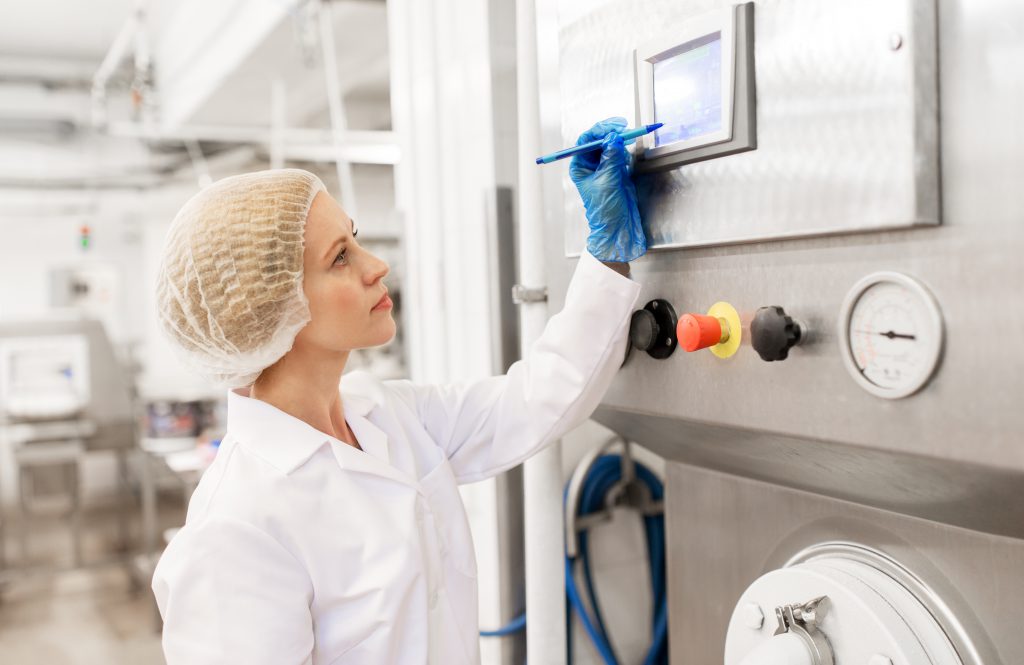A robust food safety program and SQF certification will reduce the likelihood of product issues, but quality-focused manufacturers go a step further to protect pet parents’ and pets’ health and safety in the event of recall.
Although the possibility of a recall might not be on your mind until after your product has been manufactured, recall preparedness should be considered early as it runs along the entire supply chain. That’s why recalls should be top of mind when vetting suppliers as well as when selecting your pet food manufacturer.
The question of recall history should be among the first posed to a potential manufacturing partner. If a Class I or Class II recall has occurred, it’s better to have this information as early as possible. If the manufacturer has had a Class III recall or market withdrawal event, you can ask about how they’ve adapted their procedures since the incident. But even in the case of a spotless record, you want to ensure that your manufacturing partner’s processes and systems protect you and your customers moving forward.
In this blog, we discuss key areas of recall preparedness for pet food manufacturers – responsibilities, best practices and what to look for in a quality-focused manufacturing partner.
Mock Recalls
Per industry standard, pet food manufacturers should be performing a mock recall at least every six months. Why is it important that this is done regularly? A mock recall ensures that the manufacturer’s food safety program and traceability systems are functioning correctly should an actual recall be initiated.
For instance, during a mock recall exercise related to an adulterated ingredient, the manufacturer should go through the steps of an actual recall, identifying the ingredient lot and affected finished product lots and producing a list of product SKUs, pallet tag numbers and shipping destinations.
This sounds like a comprehensive check, but as a customer, it is wise to learn more about the manufacturer’s mock recall standards. As industry best practices, rules and regulations often change, it is worthwhile to ask how often standard mock recall exercises are reevaluated. What separates a successful mock recall from an unsuccessful one? And most importantly, if issues are noted during the execution of a mock recall, are corrective actions implemented to bring the facility into compliance? The answers to these questions will help differentiate between manufacturers who view mock recalls as a box to be checked and those who use them as a valuable tool in fortifying the integrity of their processes.
Recall Plan
A pet food recall involves several moving parts and a step-by-step procedure that must be carried out swiftly. The effectiveness of a recall largely depends on the systems in place to ensure its execution as well as the knowledge of those carrying out the recall. What can you do to gauge whether a manufacturer is truly prepared for a recall, or just claims to be?
Per the FDA’s Food Safety Modernization Act (FSMA) Preventive Controls for Animal Food Rule, if a manufacturer has identified a hazard that needs preventive control, then a recall plan is required. Before partnering with a pet food manufacturer, we recommend asking about the company’s written recall plan and its components. The plan should outline not only the steps involved but also the roles and responsibilities of those at the company to carry out the recall. For example, it should designate a recall coordinator and recall team, along with backups for each individual. In addition to the step-by-step procedures to be followed during a recall, it should detail the training and the traceability exercises that will be used to get the team and facility primed for an actual recall. Finally, contact information for all team members, customer(s), regulatory agencies, legal counsel and expert advisors should be present and up-to-date. If the pet food manufacturer has a current and comprehensive recall plan, that is a good sign that they understand what’s needed to be compliant and put pet parents and pet safety first no matter the circumstances.
Conclusion
Quality and food safety are two terms you are bound to hear when interviewing pet food manufacturers. Of course, maintaining a robust food safety program and SQF certification will reduce the likelihood of product issues. But as unpopular a word as it is might be, recalls are also a part of protecting customers when the first line of defense fails. Manufacturers bear significant responsibility in safeguarding the health and safety of pets and pet parents – hold them to it.
